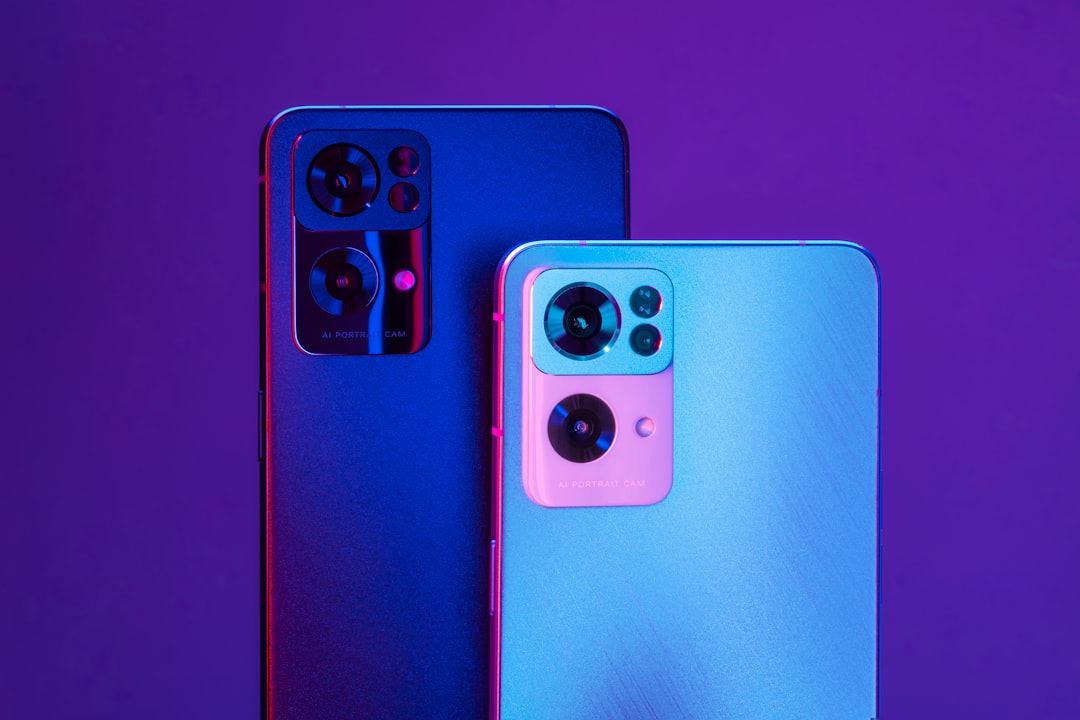Do Not Call laws in North Dakota strictly regulate telemarketing, but exempt informational and survey calls from restrictions. Law firms can contact clients and prospects without prior consent for advice or research purposes, maintaining open communication while respecting resident privacy. Businesses must differentiate between permitted data sharing and restricted sales pitches to stay compliant.
In the realm of consumer protection, the Do Not Call laws in North Dakota play a crucial role in regulating telemarketing practices. However, certain types of calls, such as informational and survey calls, may be exempt from these restrictions. This article delves into the nuances of these exemptions, specifically focusing on North Dakota’s law firm Do Not Call rules. By understanding when survey calls are permitted, you can navigate legal limits on communication more effectively.
Understanding Exemption Rules for Informational Calls
In many jurisdictions, including North Dakota, there are strict regulations regarding telephone marketing practices, often collectively referred to as the “Do Not Call” laws. However, certain types of calls are exempt from these restrictions. One such category is informational calls. These are initiatives by organizations or businesses to share general information or educational content with potential customers or the public at large. For instance, a non-profit organization might call individuals to inform them about an upcoming awareness campaign or a new service they offer. Similarly, survey calls, where companies gather feedback or opinions from consumers, fall under this exemption as long as the data is used for internal business purposes and not for targeted advertising.
Understanding when informational calls are exempt from the Do Not Call laws is crucial for businesses to avoid unintended legal repercussions. In North Dakota, for example, while the state has its own Do Not Call registry, there are specific provisions that allow organizations to contact individuals with relevant information or to conduct surveys without prior consent. It’s essential for companies operating in this region to familiarize themselves with these rules to ensure their marketing efforts remain compliant and effective.
Survey Calls: When Restrictions Don't Apply
Survey calls, particularly those aimed at gathering feedback or insights from potential clients, often fall under a different category when it comes to legal restrictions. In many jurisdictions, including North Dakota, there are specific laws governing telemarketing and Do Not Call lists. However, informational and survey calls are usually exempt from these regulations. This means businesses can reach out to individuals to gather data, provided they have obtained the necessary permissions or are operating under an exemption.
The key difference lies in the intent of the call. While sales calls often aim to promote a product or service, survey calls focus on collecting non-commercial information. As long as the caller does not make any unsolicited sales pitch or offer during the conversation, it is generally considered legitimate and exempt from restrictions like the North Dakota Do Not Call laws, allowing for more open communication between businesses and potential clients.
North Dakota Law: Do Not Call Firm Exemptions
In North Dakota, the Do Not Call laws aim to protect residents from unwanted telemarketing calls. However, there are exemptions for certain types of calls, including those from law firms. The state’s regulations allow legal professionals to reach out to clients or prospective ones without being restricted, ensuring they can provide essential services and maintain open communication.
This exemption is particularly relevant for informational and survey calls, where law firms may need to gather details or offer advice. North Dakota’s Do Not Call Firm Exemptions ensure that citizens can still access legal services while maintaining privacy from non-essential marketing attempts.
Navigating Legal Limits on Communication
In many jurisdictions, including North Dakota, there are strict regulations surrounding phone calls for marketing or sales purposes, often referred to as “Do Not Call” laws. However, when it comes to informational and survey calls, the legal landscape becomes a bit more nuanced. Businesses and organizations conducting legitimate research or providing non-commercial information must adhere to specific guidelines to ensure they remain compliant with these laws.
Navigating these limits involves understanding the difference between an informational call and a sales pitch. Calls aimed at sharing data, insights, or industry updates with potential clients are generally permitted. Conversely, calls that promote a product or service or solicit business are more likely to be restricted under the “Do Not Call” regulations. It’s crucial for businesses to clearly define their communication goals and ensure they’re aligned with legal parameters to avoid any unintended consequences.






